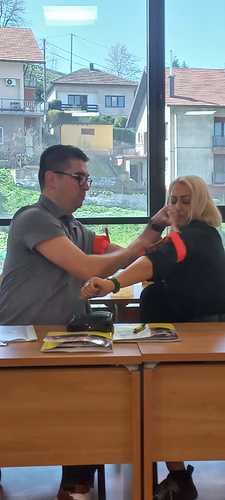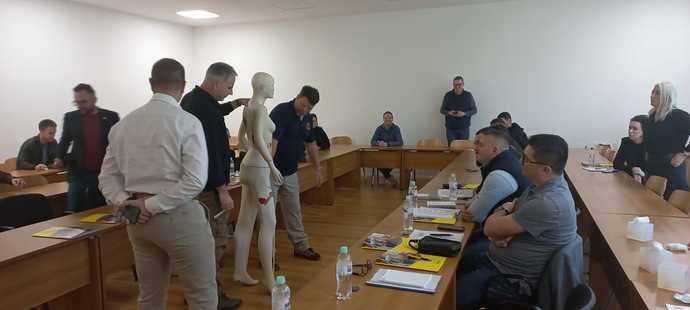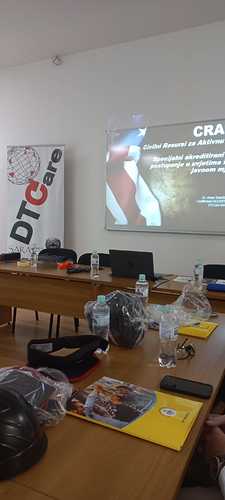With deteriorating economic situation, lack of positive outlook and inadequacy of available mental-health services, there has been a considerable uptick in the public and active-shooter events in the Western Balkans, including three such incidents in Bosnia and Herzegovina. Given that the country is awash with legal and illegal firearms (residual from the 1992-95 war) and the variety of war-related and post-conflict traumas run deep, it is expected that the likelihood of potentially dangerous situations is set to increase, using firearms and explosives alike. DTCare Sarajevo in cooperation with CEPS College and Texas State University adapted the integrated crisis response curriculum for implementation in Bosnia and Herzegovina in cooperation with the law enforcement and security professionals in the country. A recent thematic corporate security workshop was organized in cooperation with the American Chamber of Commerce in Bosnia and Herzegovina and the goal was to raise awareness and present techniques and strategies for viable preparedness and response during an active attack incident. The workshop is based on Texas State University’s CRASE program (Civilian Response to Active Shooter Events). The workshop and the class are the continuation of fruitful collaboration among DTCare Sarajevo, CEPS, Texas State University ALERRT (Advanced Law Enforcement Rapid Response Training) Center and the American Chamber of Commerce in Bosnia and Herzegovina. It is intended that the program will encompass and expand upon other various educational institutions, public institutions and commercial entities that may face the risk of such events.
6 Likes



